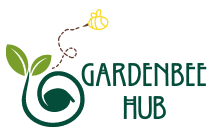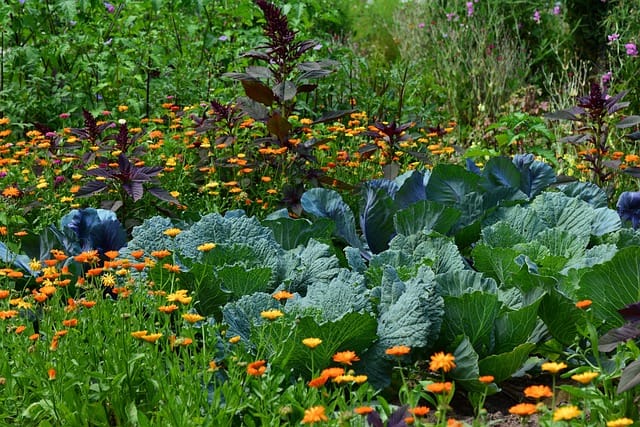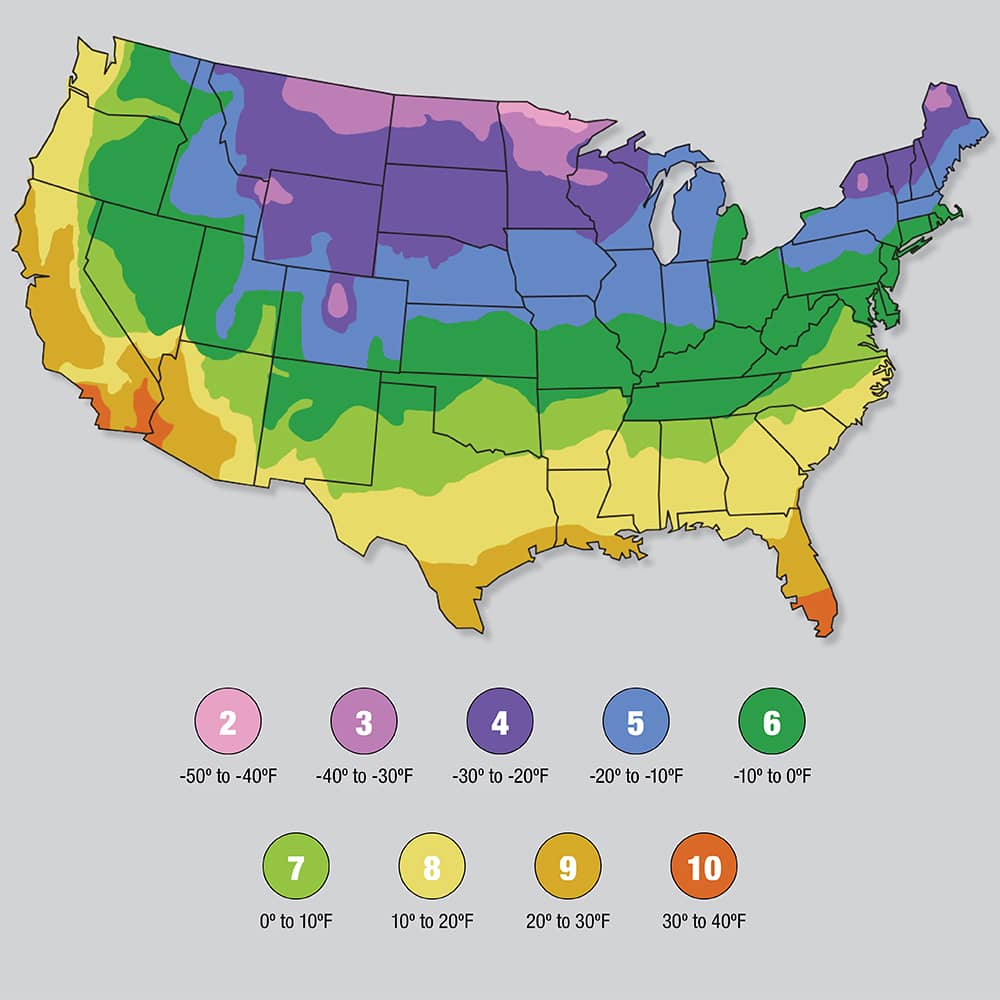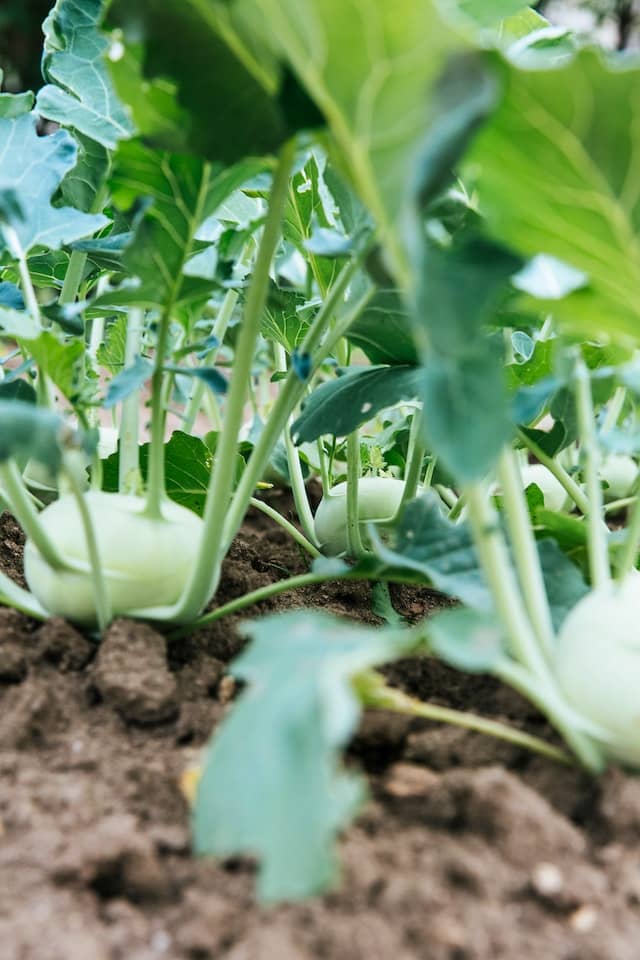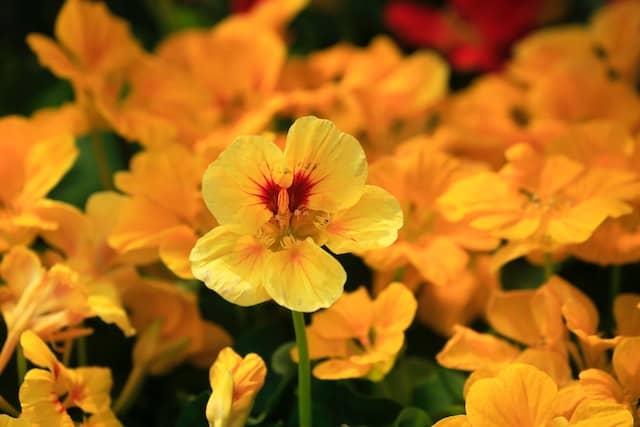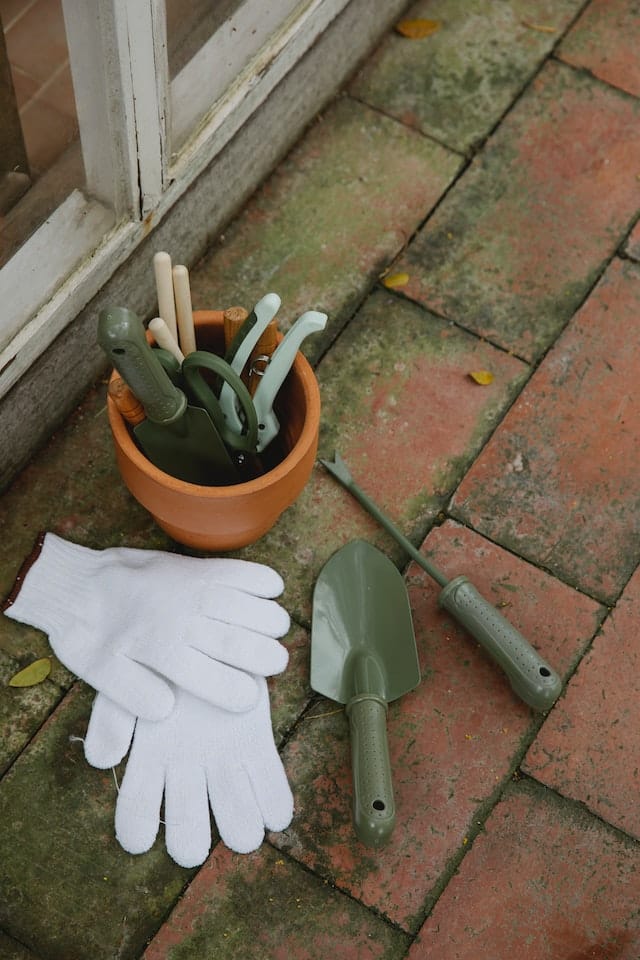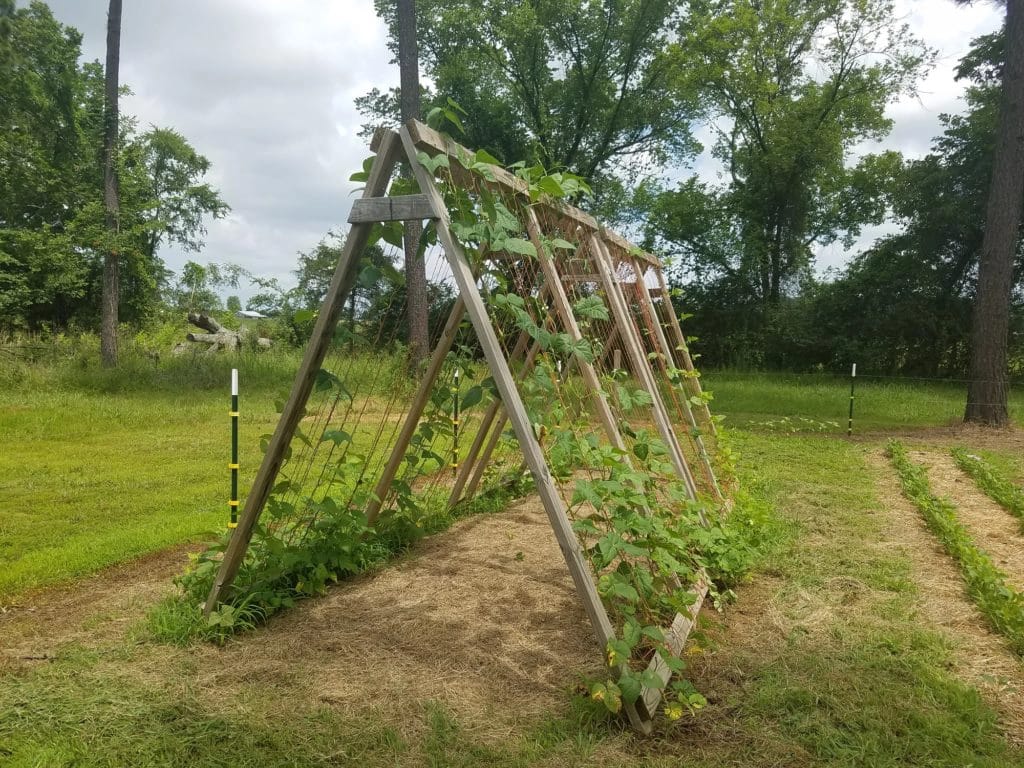Beneficial insects are those that help to control pests in the garden. They do this by eating pests, parasitizing them, or by competing with them for food and habitat. Gardeners can encourage beneficial insects to visit their gardens by providing them with food, water, and shelter (one way of doing this is companion planting).
Here are the top 15 beneficial insects for the garden:
Ladybugs
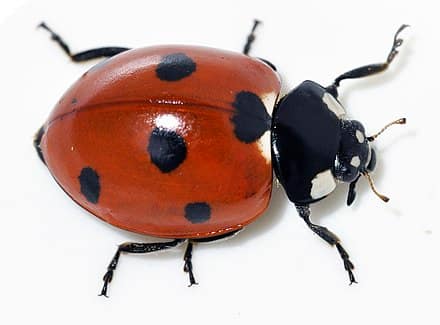
Ladybugs are one of the most popular beneficial insects. They are predators of aphids, which are small, soft-bodied insects that can damage plants. Ladybugs can eat hundreds of aphids in their lifetime.
Green lacewings
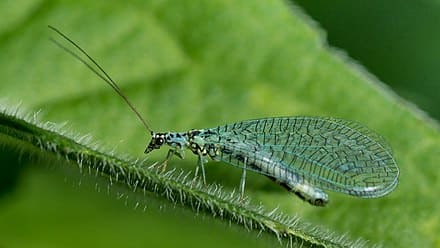
Green lacewings are another type of predator that is beneficial to gardens. They eat a variety of insects, including aphids, caterpillars, and scale insects. Green lacewing larvae are particularly effective at controlling pests.
Damselflies
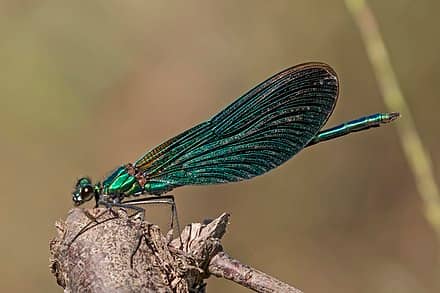
Damselflies are also predators of insects. They eat a variety of pests, including aphids, leafhoppers, and mosquitoes. Damselflies are attracted to water, so adding a water feature to your garden will help to attract them.
Beneficial nematodes
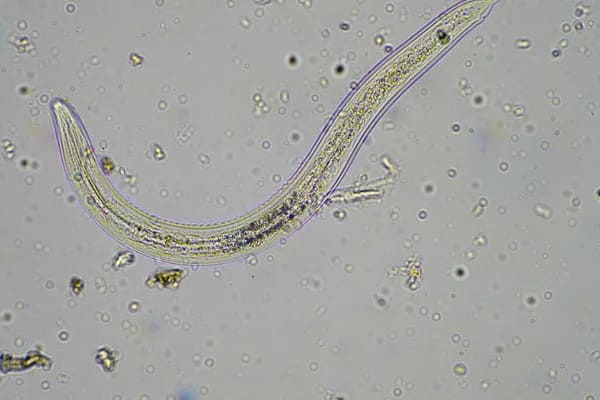
Beneficial nematodes are microscopic worms that can be used to control pests in the garden. They are particularly effective at controlling nematodes, which are a type of roundworm that can damage plants. Beneficial nematodes can be purchased from garden centers or online.
Minute pirate bugs
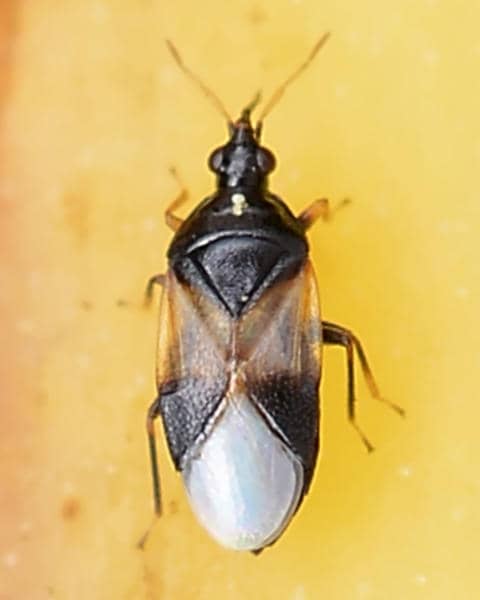
Minute pirate bugs are small predators that eat a variety of insects, including aphids, mites, and whiteflies. They are attracted to yellow and white flowers, so planting these types of flowers in your garden will help to attract them.
Soldier beetles
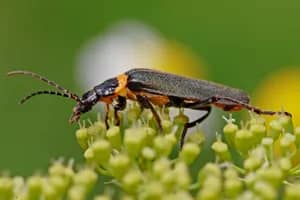
Soldier beetles are predators of a variety of insects, including aphids, caterpillars, and beetles. They are also detritivores, which means that they eat dead and decaying matter. Soldier beetles are attracted to light, so leaving a light on in your garden at night will help to attract them.
Spined soldier bugs
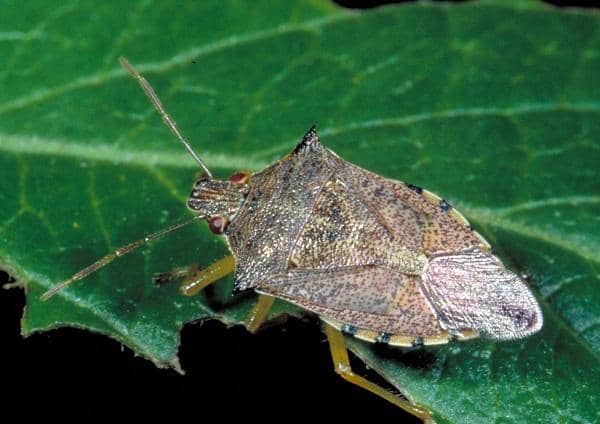
Spined soldier bugs are predators of a variety of insects, including aphids, caterpillars, and beetles. They are also attracted to light, so leaving a light on in your garden at night will help to attract them.
Tachinidae flies
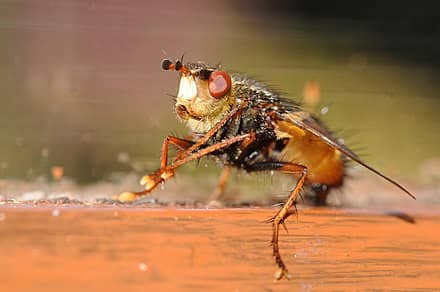
Tachinidae flies are parasitoids of other insects. This means that they lay their eggs inside other insects, which then become hosts for the fly larvae. Tachinidae flies parasitize a variety of pests, including caterpillars, beetles, and flies.
Spiders
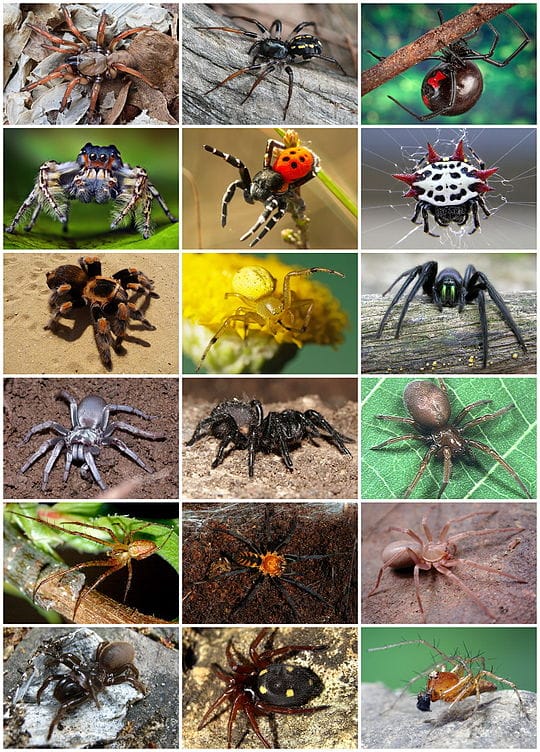
Spiders are predators of a variety of insects, including aphids, caterpillars, and beetles. They are also beneficial because they help to control populations of other pests, such as mosquitoes and ticks.
Hoverflies
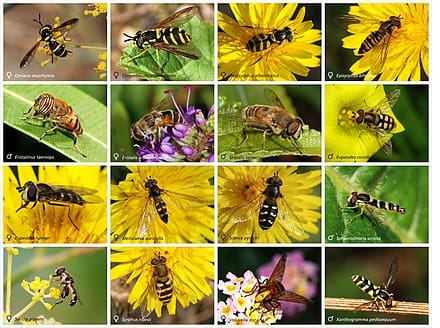
Hoverflies are beneficial insects because they are predators of aphids and other pests. They are also pollinators, which means that they help to pollinate plants. Hoverflies are attracted to flowers, so planting flowers in your garden will help to attract them.
Bees
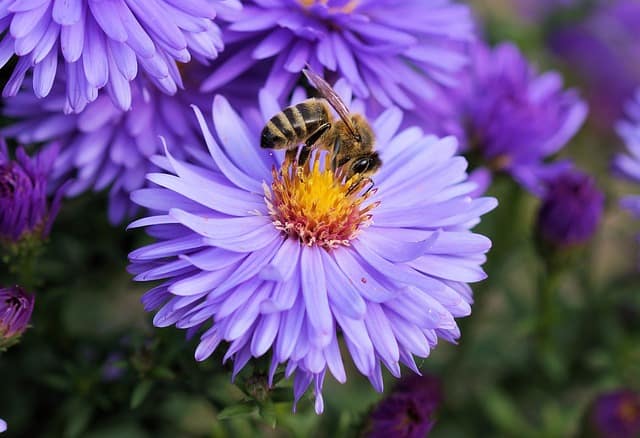
Bees are beneficial insects because they are pollinators. They help to pollinate a wide variety of plants, including fruits, vegetables, and flowers. Bees are attracted to flowers, so planting flowers in your garden will help to attract them.
Butterflies
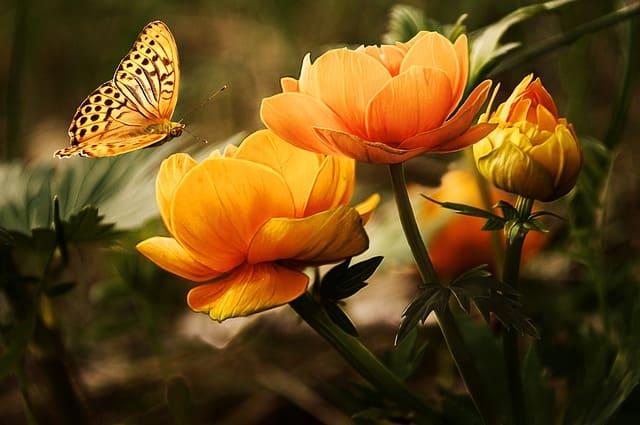
Butterflies are beneficial insects because they are pollinators. They help to pollinate a wide variety of plants, including flowers, fruits, and vegetables. Butterflies are attracted to flowers, so planting flowers in your garden will help to attract them.
Moths
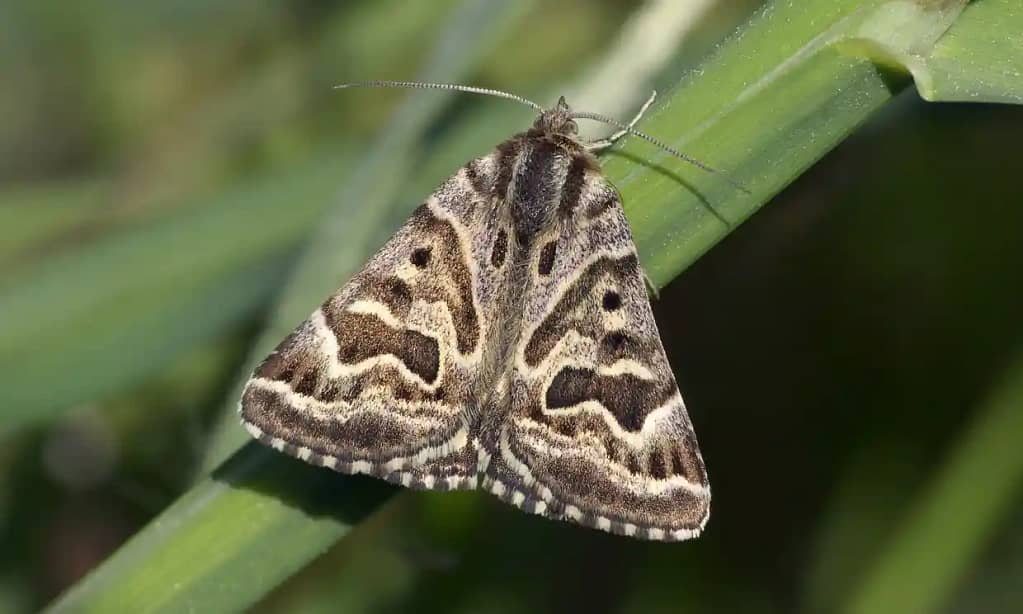
Moths are beneficial insects because they are pollinators. They help to pollinate a wide variety of plants, including flowers, fruits, and vegetables. Moths are attracted to flowers, so planting flowers in your garden will help to attract them.
Dragonflies
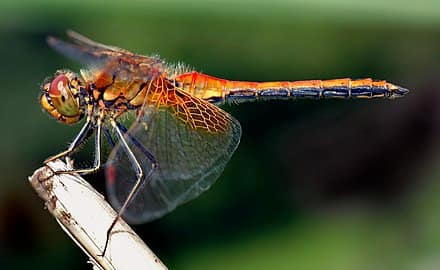
Dragonflies are beneficial insects in the garden because they are predators of other insects, including mosquitoes, flies, and other small pests. They can eat up to 100 mosquitoes per day, making them an important part of the natural pest control system. Dragonflies are also attracted to water, so adding a water feature to your garden will help to attract them.
Braconid wasps
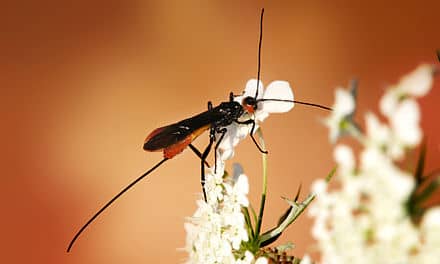
Braconid wasps are parasitoids. This means that they lay their eggs inside other insects, which then become hosts for the wasp larvae. Braconid wasps parasitize a variety of pests, including caterpillars, beetles, and flies.
